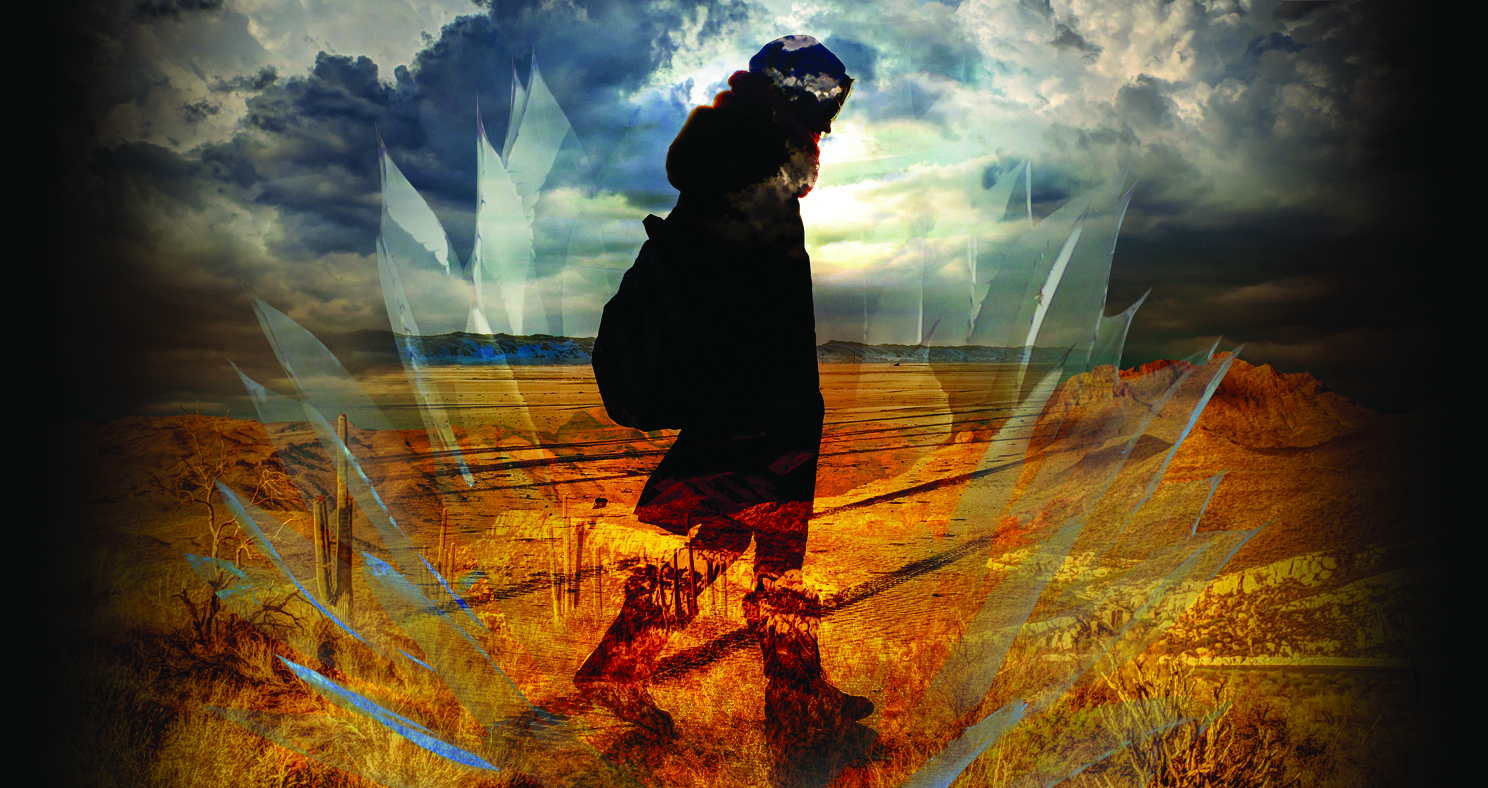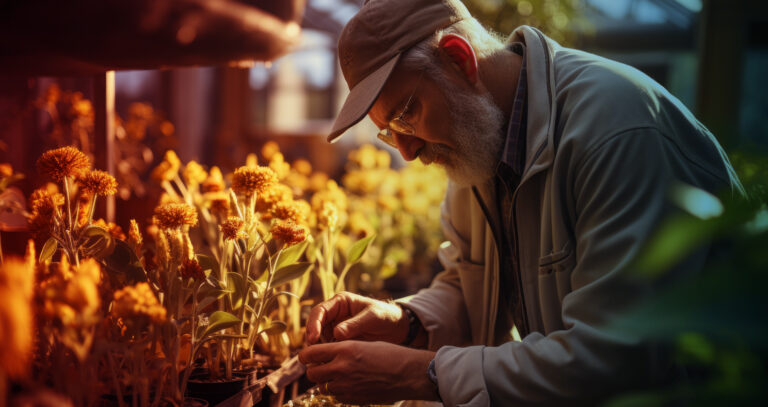Arid and semiarid environments, commonly known as “deserts,” make up about one-third of the earth’s land surface and are home to more than one billion people. We will begin this course by discussing the geographical features of desert regions, answering seemingly simple questions: What is a desert, and why do they occur where they do? While humans are particularly maladapted to life in deserts, many other organisms present in these environments exhibit remarkable and compelling adaptations to aridity and other desert-associated conditions. We will investigate examples of these within plants from different desert regions, highlighting these species’ functional roles within desert ecosystems. The key question will be: How do these plants grow and develop in these environments? Significant events in human history occurred in deserts, as do many issues in contemporary politics, international relations, and natural resource use. Throughout the course, we will consider humans and their influences on desert environments focusing on the consequences and sustainability of these actions. We will consider much more challenging questions here: how does society steward deserts, and what are the consequences of failing to do this properly?
Ted and Shirley Taubeneck Superior Teaching Award
— 2022 Award-Winning Course —
The teaching excellence displayed in this course earned this professor the highest honor that the Humanities Seminars Program has to bestow: the Ted and Shirley Taubeneck Superior Teaching Award. This award is given annually by the Humanities Seminars Program. It is based entirely on student evaluations and seeks to honor the pedagogical skill, depth of expertise, and commitment to students demonstrated by the most outstanding faculty who teach for the Humanities Seminars Program.
We are delighted to re-release this award-winning course during the Summer 2024 season.
- This course is offered as a recording. No live class sessions or meetings are scheduled with the professor or fellow students.
- Access – enrolled students have complete access to course materials via the HSP Learning Portal online from the day of their registration until August 31, 2024. On September 1, 2024, the class video recordings will be removed; however, students will retain access to all other course materials online.
- Price – has been reduced from our regular course tuition rates. Enrollment provides access to all course materials, including the original syllabus, reading materials, and video recordings of all class sessions for a limited time.





